Some time ago I stated that the fantasy genre sometimes draws from too narrow a pool and that we could branch out the genre by pushing towards other frontiers. So it felt like a fun idea to go over mythologies of the world and share some of the lore, cryptids, and beliefs that may sometimes be overlooked. I’ve given brief glances at Asia and Australia so far. Neither of them are thoroughly covered by my short articles listing only a handful of creatures from their folklore, but I can always go back to them later. Still, having covered the two of those I found myself on a continent that a lot of people know almost nothing about.
Africa: a continent sometimes mistaken for a country by the uneducated. But for most people there’s not a whole lot that they can tell you about the culture outside of a few notable examples. We all know of Egypt and a great deal of us know some of the more popular Egyptian gods. But Egypt makes up a tiny fraction of a much larger continent and you’d be hard pressed to find someone in the west that knows about the rest of the cultures there. Maybe you’ll find someone familiar with Anansi, or will know something about the figures of the North African coast, maybe have a decent understanding of Voudon (or a wildly inaccurate one), but then it goes a bit blank. This leaves one to wonder…
Why Didn’t Africa’s Mythology Spread Further?
There’s a strange relationship most people in the world have with Africa. Whether you believe there was a Garden of Eden or accept the Theory of Evolution, one thing remains perfectly true: humanity came from Africa. We have found the bones, we have seen the evolution of culture and we know that the earliest people, whatever their origin may have been, came from this one continent. Yet I’d imagine you’d be hard pressed to tell me about any folklore from the continent not related to Egypt or possibly the use of Anansi by people like Neil Gaiman.
But why don’t we know more in general? Some would argue that we in the west have an issue with being oblivious to the outside world or suppress cultures that aren’t our own. And in some ways this is entirely true – persecution of the culture was rampant for some time, especially as Christianity and Islam raced to convert as much of the continent as possible. But this couldn’t explain it entirely because it would mean that we should know as little of Asian cultures that we do of African and would probably discount the Egyptian lore entirely as well. Other opinions tend to talk about a lack of development – an outdated concept and, once again, ignoring the fact it birthed humanity. And, of course, there are those who point out the unfortunate history around the world’s interactions with the African continent and its people. Because of this, it felt necessary to dig deeper than usual here. So to start with, let’s deal with some theories on why the mythology doesn’t quite have the same notoriety as others.
Lack of Huge Empires
The first thing that occurred to me during my research was that I only knew of a handful of major empires/kingdoms to have ever come out of Africa. If you think about it, the mythologies that last the longest are the ones that took over great swaths of the planet and spread their message over a vast distance. People are incredibly familiar with the cultures and history of places that were ruled at some point by giant empires like the Romans, Macedonians or Mongolians. At one point or another, huge swaths of Asia, Europe and the Middle East were controlled by a single entity that spanned the distance of several modern day countries. But who ruled most of Africa?
No one, no one ruled most of Africa.
Even the most famous of their empires, Egypt, was a relatively small kingdom in comparison to the rest of their continent and we really only know as much as we do of them thanks to the fact they were constantly interacting with and eventually conquered by empires spanning out of those other three locations. There were no vast kingdoms that stretched most of the continent like they did over Eurasia and when there were they were either isolated from the outside or had already been converted. And one would have to wonder, why didn’t they stretch further? I know I wondered it myself at first, before common sense slapped me in the face at a high speed.
The truth is, if Australia is the continent that wants to kill things, Africa is the continent that wants to be left the fuck alone. The majority of terrain in Africa is what you would consider “anti-civilization” in no way due to a lack of effort and the great kingdoms that did take hold there did so through great ingenuity and perseverance. While Europe and Asia have landscapes that can be quite harsh or imposing, the fact of the matter is that they’re still something you can work with while most of Africa is covered in either this:
This:
Or this:
And because of that, what you find is that most larger civilizations on the continent existed in either places that were right on a water source or sandwiched between the layers of unforgiving desert or unforgiving jungle. Even as people with a shared background spread out, they weren’t necessarily interconnected in the same way other cultures would be in the northern hemisphere. So, correction, maybe I was wrong about no one entity ruling all of Africa for most of history.
Because Mother Nature isn’t fucking around.
Oral Traditions
One of the major developments often brought by large countries, governments and empires is the sudden need for those people to transmit information over vast distances. Almost immediately any new conqueror sets about making sure that their new acquisitions can be given the rundown of what their status quo is. For many empires this meant taking their history, culture and records, writing them down, and then sending them out to the masses. The larger your holdings, the more important it becomes that everyone’s on the same page… and that kind of requires those pages be written down.
In fact, once again Egypt is the exception that proves the rule. While many African cultures didn’t write down their stories, everyone’s aware that Egypt totally did and literally wrote that shit down in stone so that everyone could have the same frame of reference. This was particularly necessary when the Pharaohs began to pull the same thing that many Asian emperors did and claimed to be either a god or the descendent of gods. So, if you’re going to claim you’re of divine origin, it may help if everyone knows just what divinity you’re talking about.
In fact, it’s because of these records specifically that we know anything about Egyptian society at all. The Rosetta Stone that allowed Egyptian hieroglyphs to be deciphered was, in fact, a decree from a Macedonian King establishing his divine cult – a common practice at the time. As a result, we were able to backtrack through his language to the language of the ancient Egyptians he was trying to get to treat him as divinity.
But if your territory and settlements remain smaller, you don’t really need to write everything down. We’ve seen this time and again with many places such as Australia and North America where less expansive society passes on their history through oral traditions because the stories always stay within their community. A new story teller can learn the stories, memorize them and then carry on the tradition into the next generation. No one needs to write it down for someone on the outside because there is no “on the outside” for them to worry about.
As a result, a great deal of African lore wasn’t saved in a written form for the rest of the world until Europeans started exploring the continent and began writing down incredibly biased versions of what they were hearing. For instance, despite the fact that many European reports expressed that the majority of Africa was polytheistic, most sources actually indicate that they tended to be monotheistic and that the Europeans just assumed all of these different groups shared the same religion.
Of course, that brings me to the third issue on this front.
A Rich Variety
So, outside of their few empires, the mythology and religions of Africa were handled in an oral tradition. Because of this lack of a cultural sprawl, something else happened that just blew European minds when we encountered these new cultures – they all had different gods. When the Europeans documented this, due in no small part to a touch of arrogance, they assumed that the native culture was a primitive polytheistic mess. The truth was far more intimidating: there were a lot of monotheistic religions with a lot of different gods and this even extended to the mythology we were familiar with.
You see, one thing that a lot of people don’t often realize about Egyptian mythology is that there were a lot of different sects within Egypt. Like the rest of the continent, each of the smaller parts of the overall kingdom had their own regional god (or gods) which they worshipped. So when the kingdom was united, this resulted in something of a god kit-bash that most of the uninitiated still don’t fully understand. For instance, while you’d find quite a few people who could tell you that Ra was the Egyptian god of the sun, very few would likely be able to tell you that he was also fused with the gods Amun, Atum, and Horus (who was also supposed to be his eye) or that he was temporarily replaced by another sun god, Aten.
If that sounds confusing and like something that could only happen in Africa, you’d be wrong because it also happened to Odin for the Norse and is also one of the chief reasons the Judeo-Christian god ended up with so many different names. Essentially, when empires form, gods get merged so everyone gets brought in line and without that forced merger you end up with a baffling number of religions and deities.
So, in an effort to shine some light on the interesting stories of the African continent, I’m going to approach it a little at a time and break it down a bit more than I did with the last two continents. After all, the last time a guy as white as me tried to study the continent they were easily duped by their own presumptions. It’s incredibly easy to look at something and make the wrong assumptions or report something as an accurate story.
I can’t be entirely confident I won’t let one sneak past me. I can only give it my best effort and do my due diligence on what I find. What I can say, for sure, is that I’ll be double-checking if I happen to find anything claiming there’s a black panther god…
No matter how much he deserves a movie.


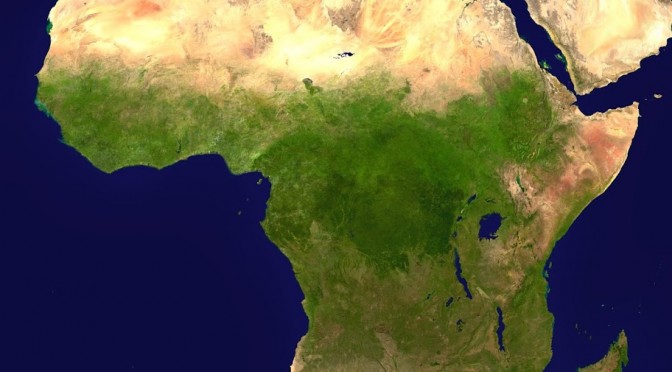
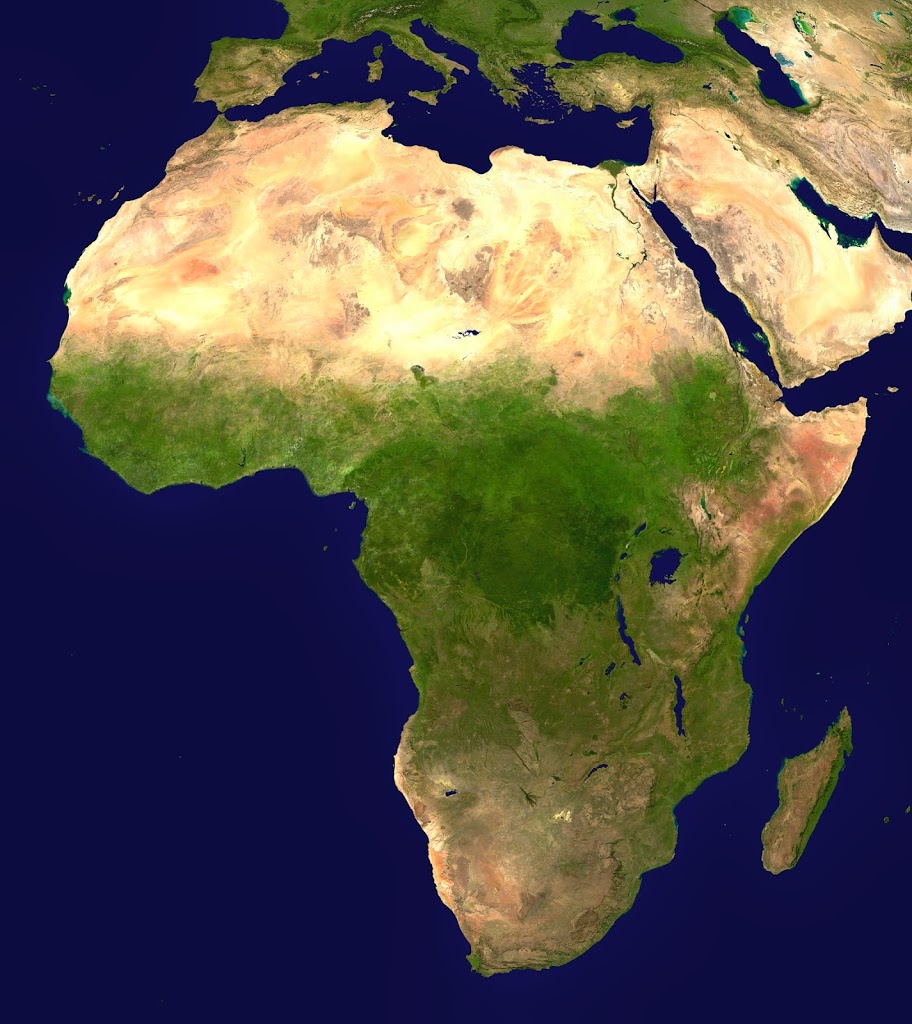
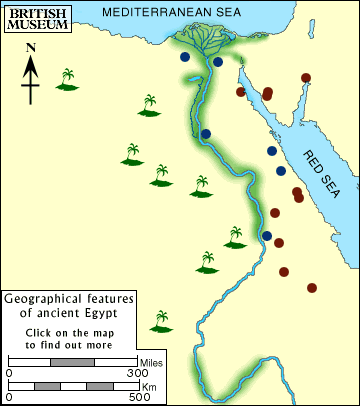
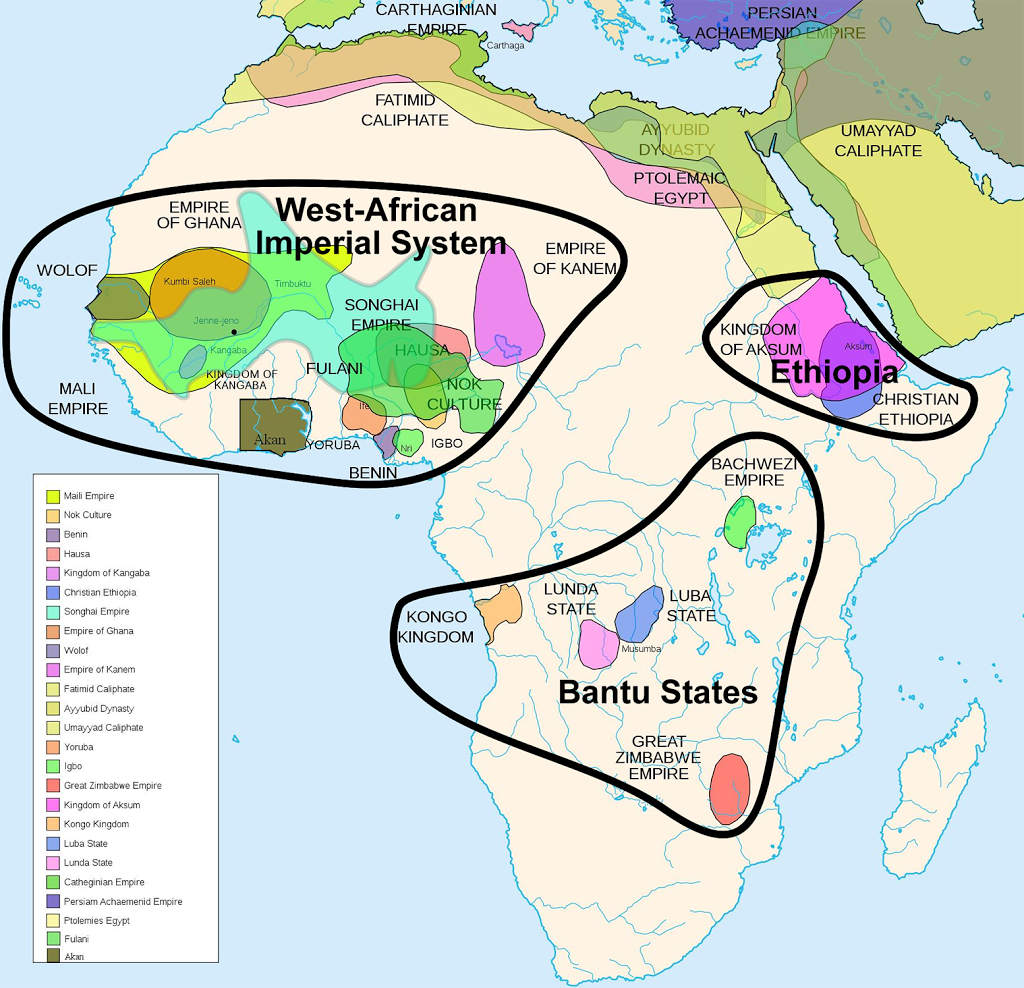



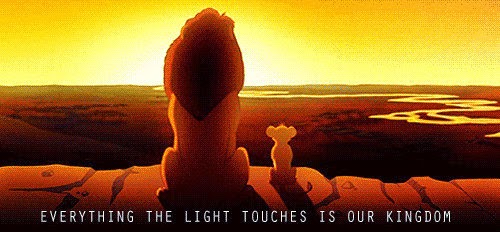

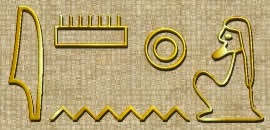
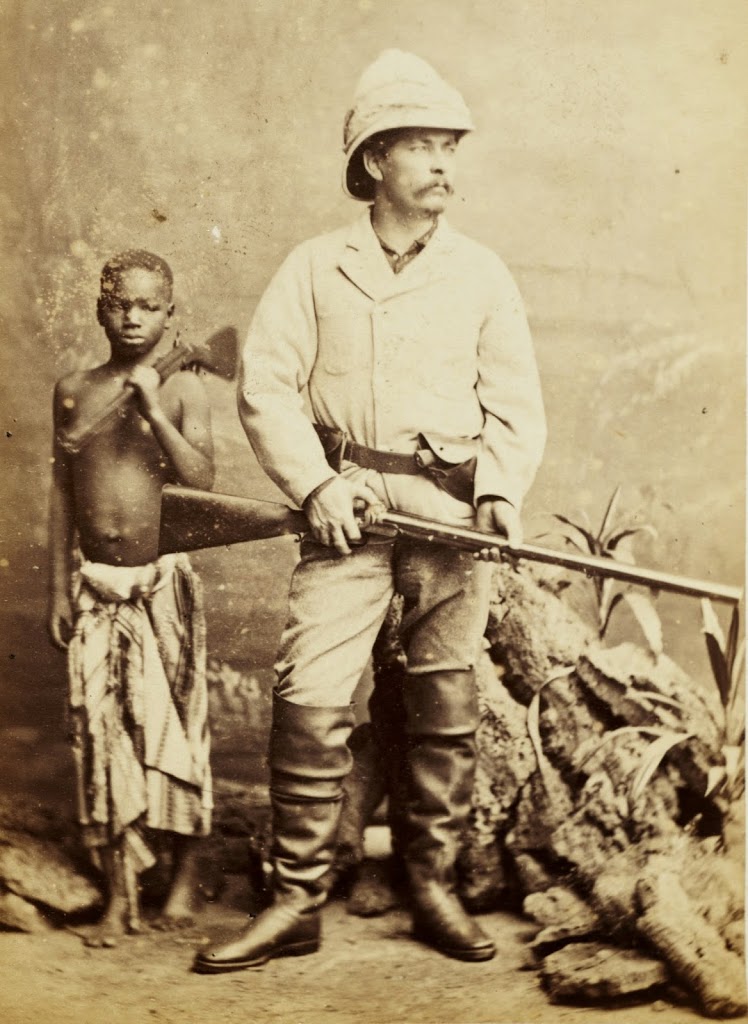
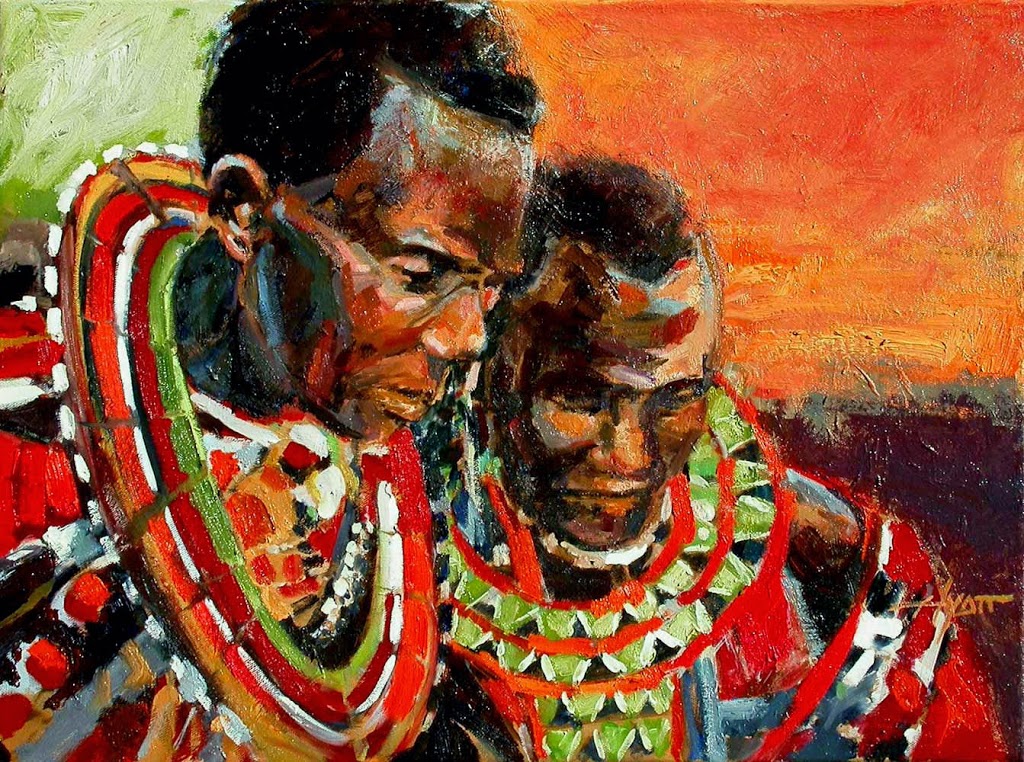
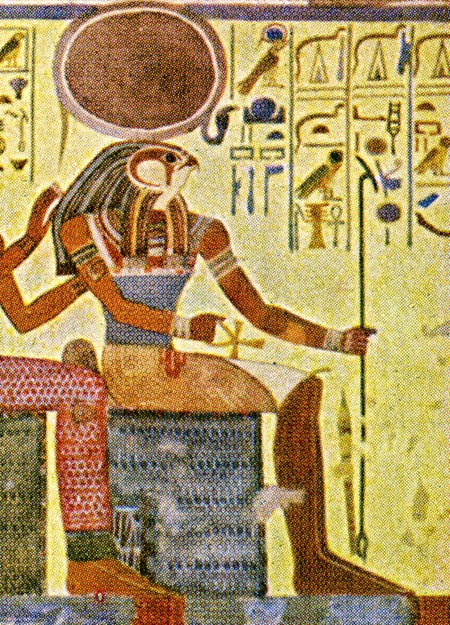
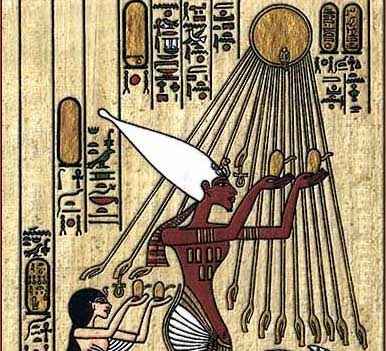





One thought on “Why Don’t We Learn More About African Cultures?”
Comments are closed.